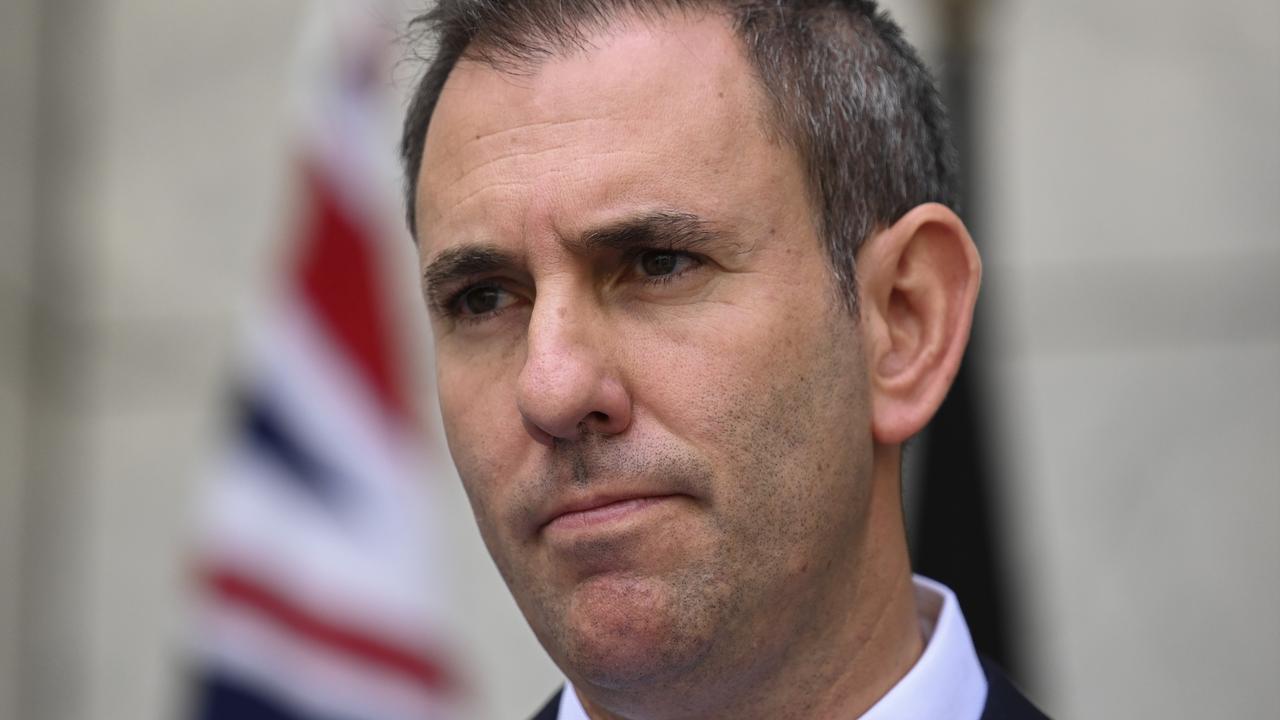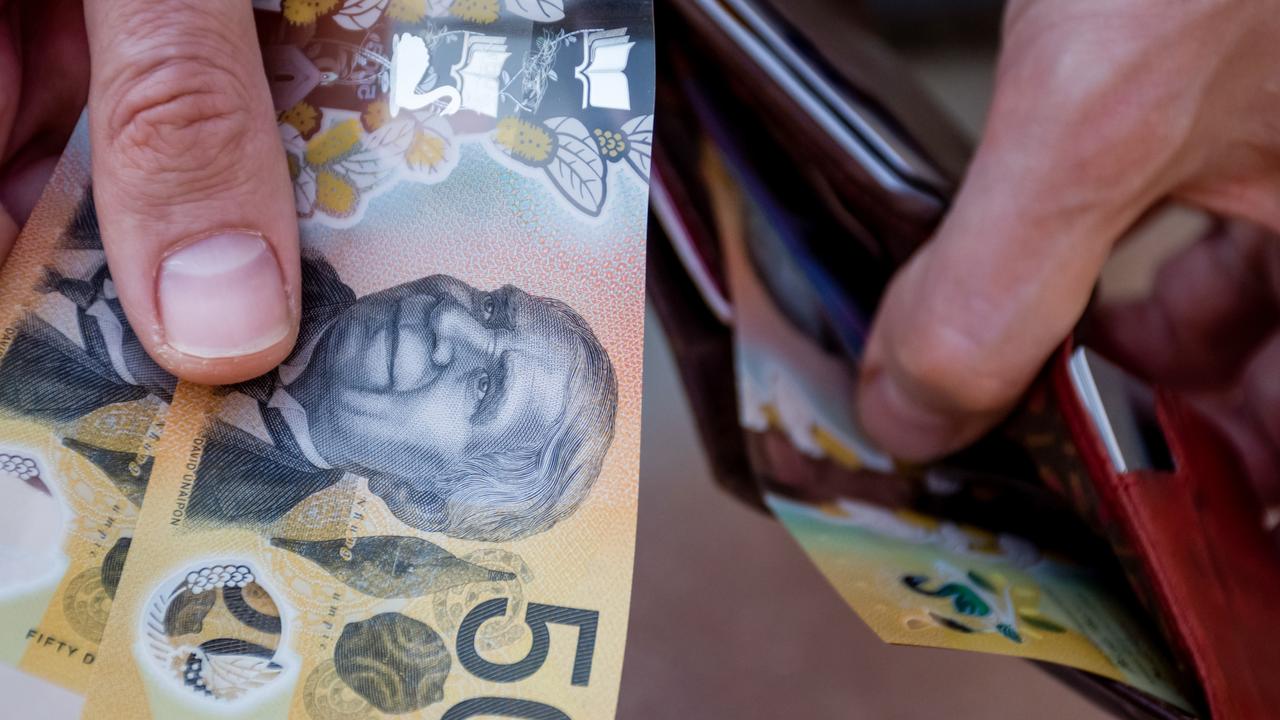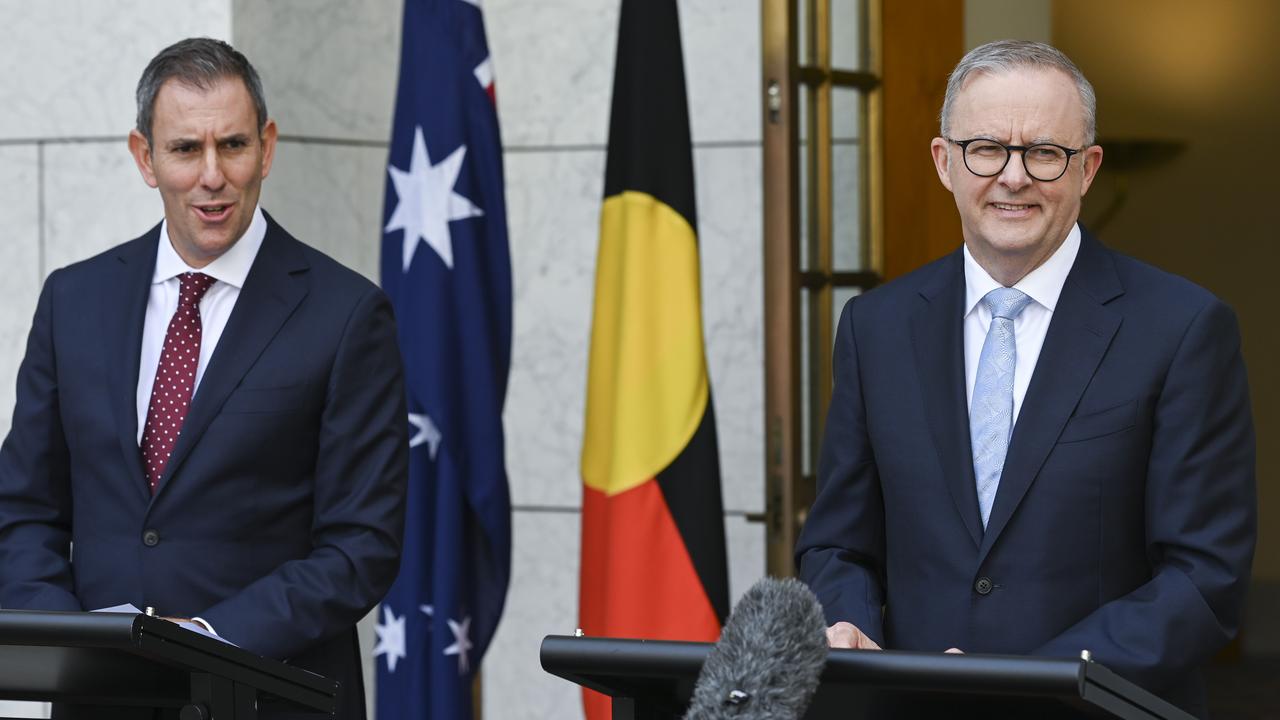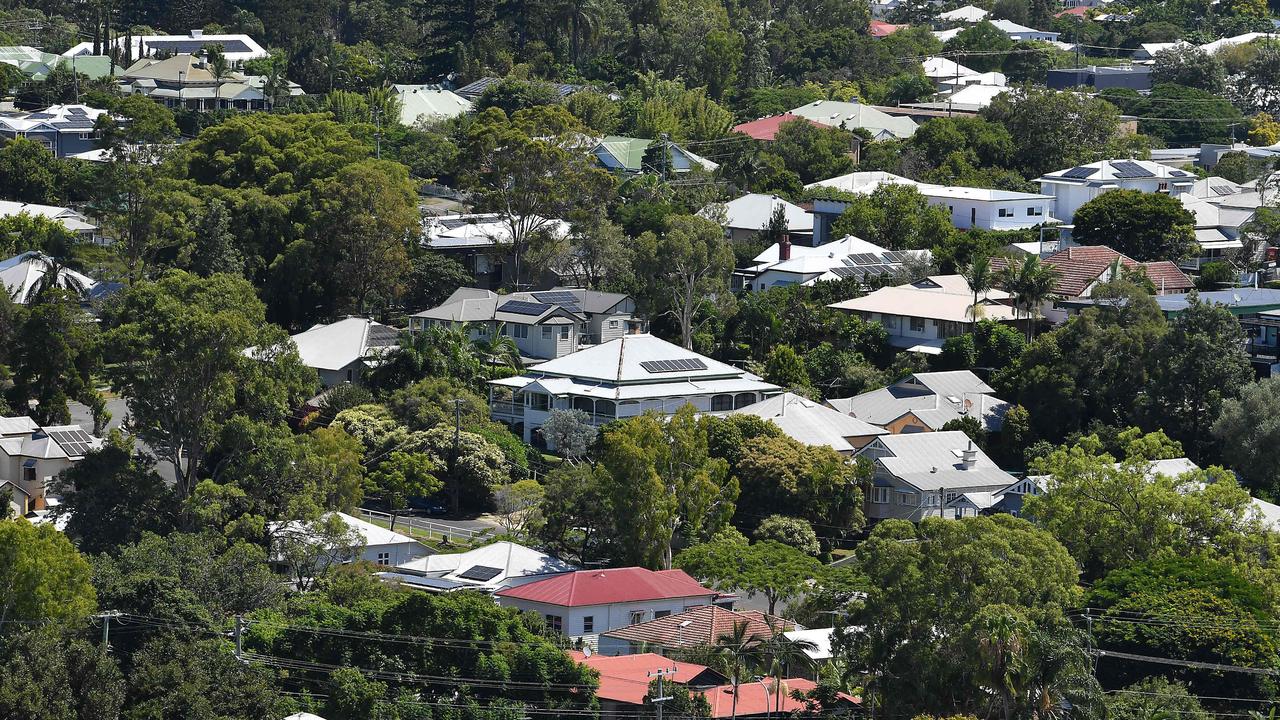What does debate around proposed super tax mean?
A political brawl has broken out over a change to how superannuation is taxed, but what on earth does it all really mean for you?
A modest change to the way superannuation earnings are taxed has opened the doors to a political firestorm.
Opponents have sounded alarm bells about the government’s refusal to index the $3m threshold and confusion over unrealised capital gains.
But what does that all mean?
And specifically, what does it mean for you?

So what’s going on?
The superannuation tax concessions were created as an incentive to encourage people to put money away instead of relying on the aged pension.
It means that if you are still working and earning under $250,000, you can make a voluntary contribution to your super before tax at a rate of 15 per cent.
A 15 per cent tax on the earnings within super funds is also applied.
But this week the government announced it will be doubling that rate to 30 per cent for earnings on super balances over $3m.
It’s forecast to claw back $2bn to the budget bottom line.
Treasury estimates the change will impact just 80,000 people, or 0.5 per cent of Australians, when it comes into effect in two years’ time, should parliament waive it through.

What’s the problem?
The policy was rushed through cabinet on Tuesday morning, just eight days after it was first flagged by Treasurer Jim Chalmers.
He argued people with very large super balances – and good on them – don’t need the taxpayer generosity of ultra-low tax on earnings.
But the speed in which the policy was floated, then announced, meant the details were still being worked out.
It also drew the ire of the Coalition, which was quick to recall Prime Minister Anthony Albanese declaring during the recent election campaign he had “no intention” to make any changes to superannuation.
There was no official modelling from Treasury on how many people could be drawn into the higher rate in the coming decades, given it won’t be indexed.
Estimates from the Financial Services Council, released on Friday, suggest the change could impact 526,071 workers aged 25 and over during their working lives.
The big concern is that in future years the threshold being stuck at $3m will mean that in today’s dollars, that 25 year old will have a real cap between $919,671 and $1.2m (assuming inflation is at either 3 per cent or 2.5 per cent respectively).

The Grattan Institute has argued that either way, by 2052, the change would only impact roughly the wealthiest 10 per cent of people who retire in a given year.
When asked, the Treasurer insisted the refusal to adopt indexing was a design feature of the policy. It would be a future government’s problem to decide whether to forego the extra revenue gained to give people another tax break.
But what on earth is an unrealised capital gain?
The announcement came with a little caveat. The extra tax would be levied on fund returns, which included unrealised capital gains.
In basic terms, it’s the increase in the value of an asset even if that asset is not sold.
To make it simple, say you have an investment worth $100 and over one financial year it’s estimated that value has increased $10 but you didn’t sell that $10 off. That’s an unrealised capital gain.
Under the new rules, if you had a super balance over the threshold, you would owe the tax man $3 on that $10 gain.
Earnings would be calculated as the annual difference in the super accounts balance at the end of each financial year.

Now the ATO will be doing that calculation and handing people with balances over $3m with the bill.
The issue has raised concern that people with their assets tied up in super may not have enough liquid cash to foot the bill.
Shane Oliver, AMP chief economist, said currently the change will mostly affect people with self-managed super funds.
“They’ve just got this investment – their super fund might have bought property or it might have bought shares; those investments aren’t generating much income,” Mr Oliver says.
“So they don’t have the income to pay the tax which would then force them to sell properties or shares. That’s why there’s a lot of annoyance about it”.
At the moment, it’ll only affect those 80,000 people with super balances higher than $3m.
But again, as the purchasing power of the dollar decreases due to inflation, more people could end up being swept up in the changes.
Did the government break its promise?
Well, it depends who you ask.
The government has spent much of the week arguing the changes are modest and required in the age of growing budget deficits.
But the Coalition used every opportunity to remind the world this week of Mr Albanese’s declaration on the campaign trail.
“We’ve said we have no intention of making any super changes,” the Prime Minister said.
It culminated in an awkward interview for Deputy Prime Minister Richard Marles on Friday, who went head to head with Peter Dutton about changes.
He was unable to explain, when asked three times, whether the government would be going after unrealised capital gains.
A gleeful Mr Dutton seized on the uncomfortable moment: “If you don’t understand the detail, how on earth can the Australian public understand what it is you are proposing”.
Should I care about it?
If you’re one of the lucky few with a nest egg of $3m, yeah of course.
But for the rest of Australians, who may hope to squirrel away that much for retirement, it’s just something to keep in mind next time you remember to check your super balance.
Originally published as What does debate around proposed super tax mean?






